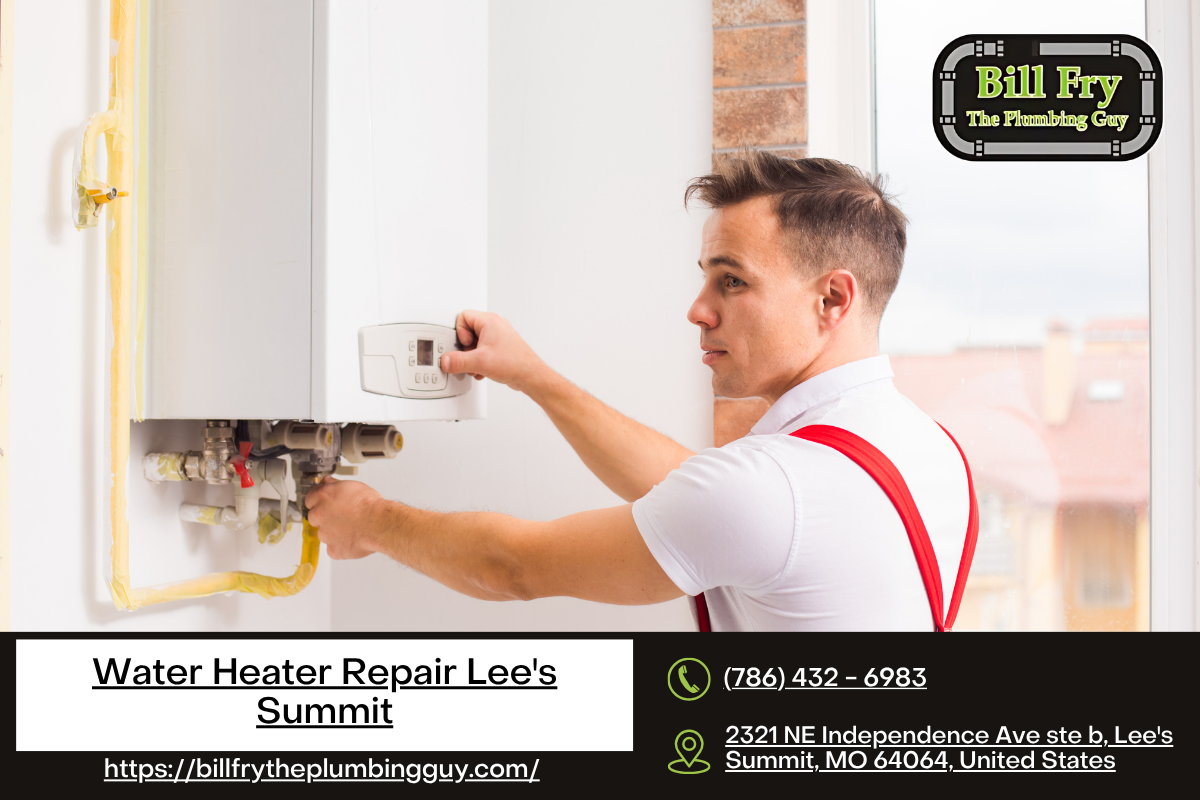

Introduction
In an era where sustainability is at the forefront of consumer choices, eco-friendly options for water heater installation and repair are gaining momentum. As homeowners become increasingly aware of their environmental impact, the demand for energy-efficient and sustainable solutions has surged. This article explores various eco-friendly alternatives for water heater installation and repair, addressing common questions and offering valuable insights into the world of efficient water heating systems.
Eco-Friendly Options for Water Heater Installation and Repair
When considering a new water heater or repairing an existing one, it's essential to think about how these choices affect our planet. Traditional water heaters often consume excessive amounts of energy, contributing to greenhouse gas emissions. However, eco-friendly options are now available that not only reduce environmental impact but can also save homeowners money on utility bills.
Understanding Water Heater Types: A Sustainable Approach
1. Conventional Storage Tank Water Heaters
Conventional storage tank water heaters are the most common type in homes today. While they can be efficient, they often lead to standby heat loss—energy wasted while keeping water hot in the tank.
Benefits:
- Simple installation process. Lower upfront costs compared to other types.
Drawbacks:
- Higher energy consumption over time. Limited hot water supply based on tank size.
2. Tankless Water Heaters: The Future of Efficiency
Tankless water heaters have gained popularity due to their ability to provide hot water on demand without the need for a storage tank.
Benefits:
- Energy-efficient; only heats water when needed. Longer lifespan than traditional tanks.
Drawbacks:
- Higher initial cost and complex installation. Possible limitations on simultaneous hot water usage.
Choosing Eco-Friendly Materials for Installation
3. Insulation Materials
Selecting eco-friendly insulation materials during installation can significantly reduce energy consumption. Look for sustainable options such as:
- Recycled denim insulation Sheep’s wool
These materials help maintain temperature, reducing energy usage over time.
4. Solar Water Heaters
Solar water heaters harness sunlight to heat your home's water supply, making them one of the most eco-friendly options available today.
Benefits:
- Low operating costs after installation. Significant reduction in carbon footprint.
Drawbacks:
- Requires sunny weather; efficiency drops in cloudy conditions. Higher upfront investment required.
Water Heater Maintenance for Longevity and Efficiency
5. Regular Maintenance Practices
Maintaining your water heater ensures its longevity and efficiency, which can translate into lower environmental impact over time. Here are some maintenance tips:
Flush the tank annually to remove sediment build-up. Check the anode rod every few years to prevent corrosion. Insulate pipes connected to your heater to minimize heat loss.Water Heater Repair Services: What You Need to Know
6. Signs Your Water Heater Needs Repair
Recognizing when your water heater requires repair is crucial in preventing further damage or inefficiency:
- Unusual noises (rumbling or gurgling). Discolored or foul-smelling water. Inconsistent hot water supply.
If you notice any of these signs, it’s advisable to seek professional assistance promptly.
Water Heater Replacement Considerations
7. When Is It Time for a Replacement?
Not all repairs will extend a unit's life indefinitely. Here are some indicators that it may be time for a replacement instead of just repair:
Age of the unit exceeds 10–15 years. Frequent breakdowns despite repairs. Significant drops in efficiency leading to higher utility bills.Eco-Friendly Options for Water Heater Installation and Repair Trends
8. Innovations in Technology
As technology evolves, so do the possibilities within eco-friendly options for water heater installation and repair:
Heat pump technologies utilize renewable energy sources efficiently. Smart thermostats can optimize heating cycles based on usage patterns.FAQs about Eco-Friendly Water Heating Solutions
Q1: What is a tankless water heater?
A tankless water heater heats water directly without storing it in a tank, providing endless hot water without standby heat loss.
Q2: How often should I perform maintenance on my water heater?
It's recommended to carry out maintenance at least once a year.
Q3: What are some signs that my conventional storage tank needs replacement?
Look out for leaks, rusted tanks, and inconsistent temperatures.
Q4: Are solar heaters worth the investment?
Yes! Despite higher upfront costs, long-term savings water heater service on utility bills make them financially viable.
Q5: Can I install a new energy-efficient model myself?
While DIY might seem appealing, professional installation ensures safety and compliance with local codes.
Q6: What materials should I consider when installing an eco-friendly system?
Opt for sustainable insulation materials like recycled products or natural fibers.
Conclusion
Choosing eco-friendly options for water heater installation and repair is not just a trend; it's a necessary shift towards sustainability in homeownership practices today. Whether opting for advanced technologies like solar or tankless systems or ensuring regular maintenance on existing units, each action contributes positively toward reducing our ecological footprint while enhancing comfort at home.
By embracing these environmentally friendly alternatives, not only can we save money on our energy bills but also play our part in protecting this planet we call home—one warm shower at a time!